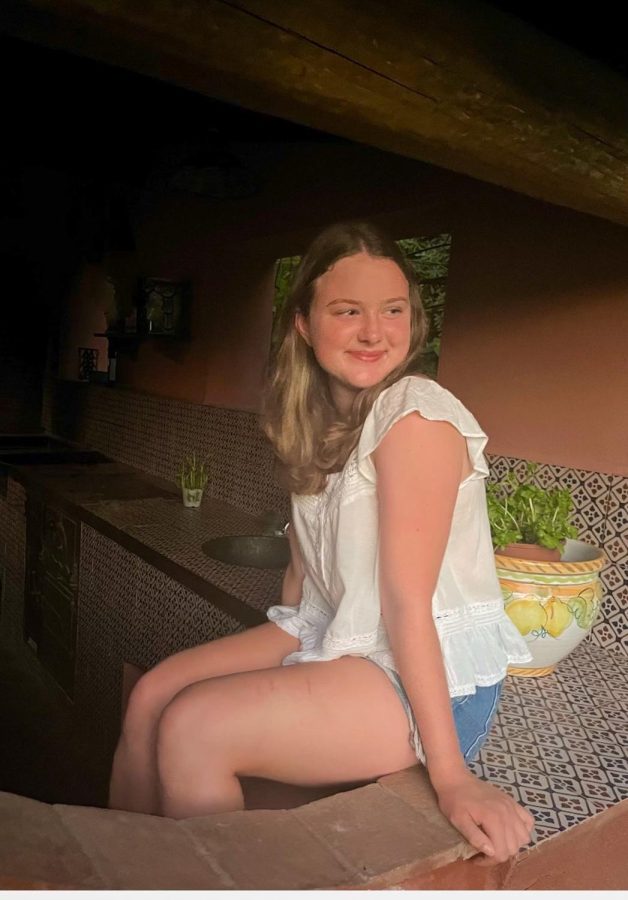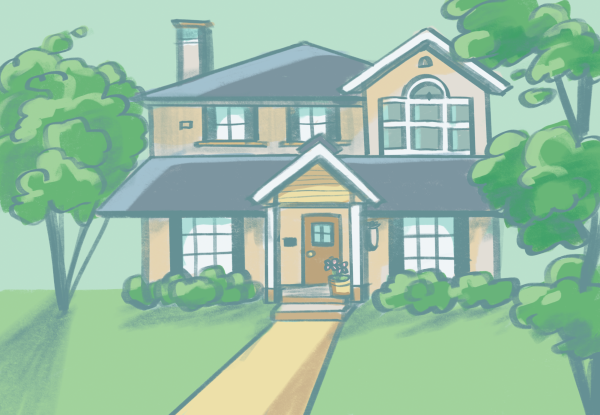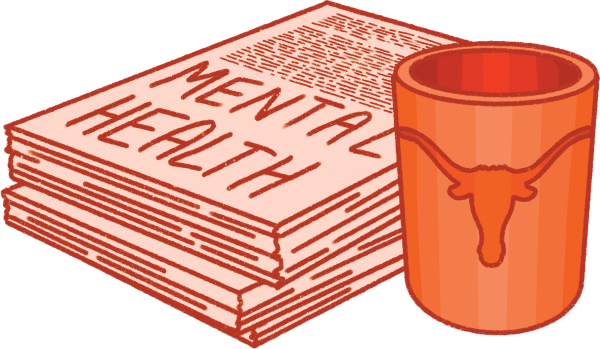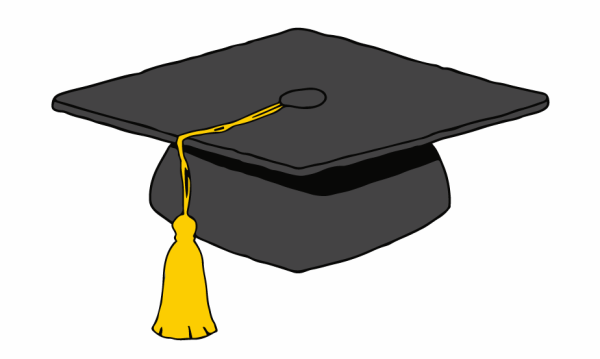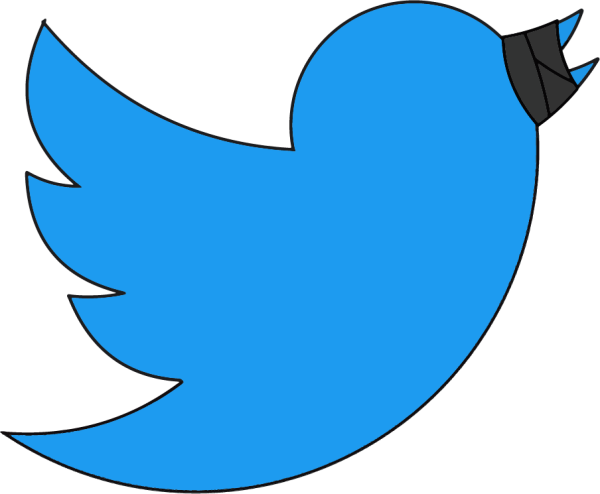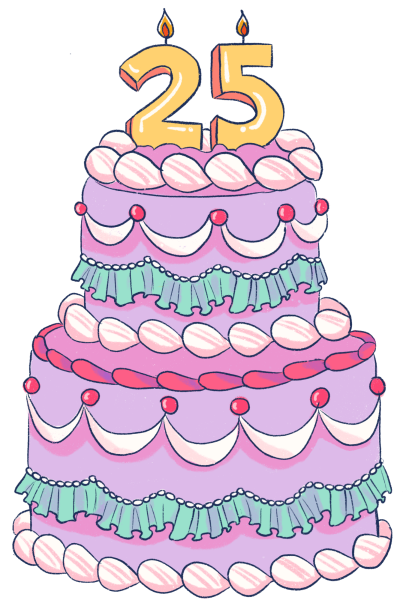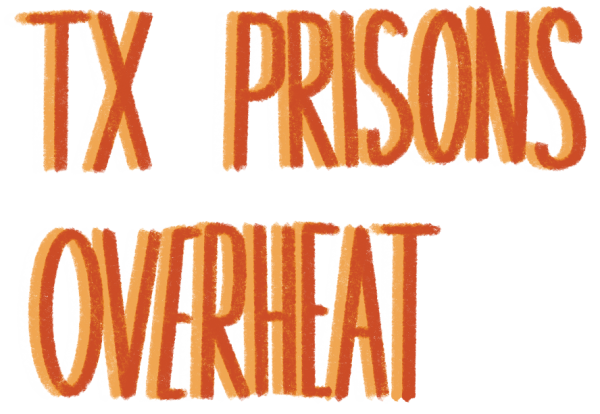Hyphens, Commas, and the Liberator
Senior Superlative: Most likely to have a spreadsheet for it.
May 15, 2023
Hyphens, commas, and apostrophes– small dots on a page that, four years ago, mattered very little to me. In fact, they kind of bothered me. Who cares about whether there’s an apostrophe in the decade ‘1930s’ or if there’s a comma splice in the middle of a sentence? I definitely didn’t see what the big deal was– the reader understands what you’re saying either way.
But, in 2020, I signed up to compete in my first newspaper UIL competition: UIL copy editing. The competition only lasts 15 minutes but, by the time I was done with the first round, I knew it was an experience that would permanently alter the way I thought about grammar.
In the spring of 2021, I began self-studying for the UIL copy editing competition. I discovered that my baseline grammar knowledge was decent, but that there were a lot of AP Style rules I didn’t know. I made quizlets and took practice tests and, when the district competition finally rolled around, I placed first. I then won at regionals and advanced to states, where I placed sixth. But, by the time I had made it to states, I didn’t really care how I did– I knew that a new passion had formed.
Even after the UIL competition season ended I found myself researching AP style guide changes. I wasn’t all too interested in the really tiny punctuation details– really, I became fascinated with the intersections of politics and grammar. What are the implications of removing the hyphen in Asian-American? Why does AP style encourage journalists to opt for the word ‘racist’ over ‘racially motivated?’ Now, three years after my first UIL copy editing competition, I still think about these grammar questions– I even wrote college essays about AP Style!
The way my passion for grammar and AP Style has developed mimics the trajectory of my passion for journalism. The Liberator started off as something inconsequential that I saw littered across the LASA hallways every now and again. But, once I started to write for the paper, I discovered how interesting journalism could be. I’ve loved getting the chance to learn everything from how to write a feature story to how to format pages on InDesign.
And, of course, the people I’ve met on the Liberator have been such a big part of my LASA high school experience. Luci Garza edited the very first story I wrote (which, by the way, was formatted completely wrong and needed probably 100 edits) back when she was the news editor. Now, I’m an editor, and I’ve gotten to watch her grow into an amazing Editor-in-Chief. And Ava Spurgeon, who started the paper with me as a staffer, has become my favorite gossip buddy (though we would never do that in class, obviously), and we’re both going to the same college as journalism majors next year. Of course, those are just a few of the incredible people I’ve met while writing for the Lib– the entire newspaper class has been an amazingly supportive community, and I feel so lucky to have had the opportunity to learn alongside (and from) the editors and staff of the Liberator.

